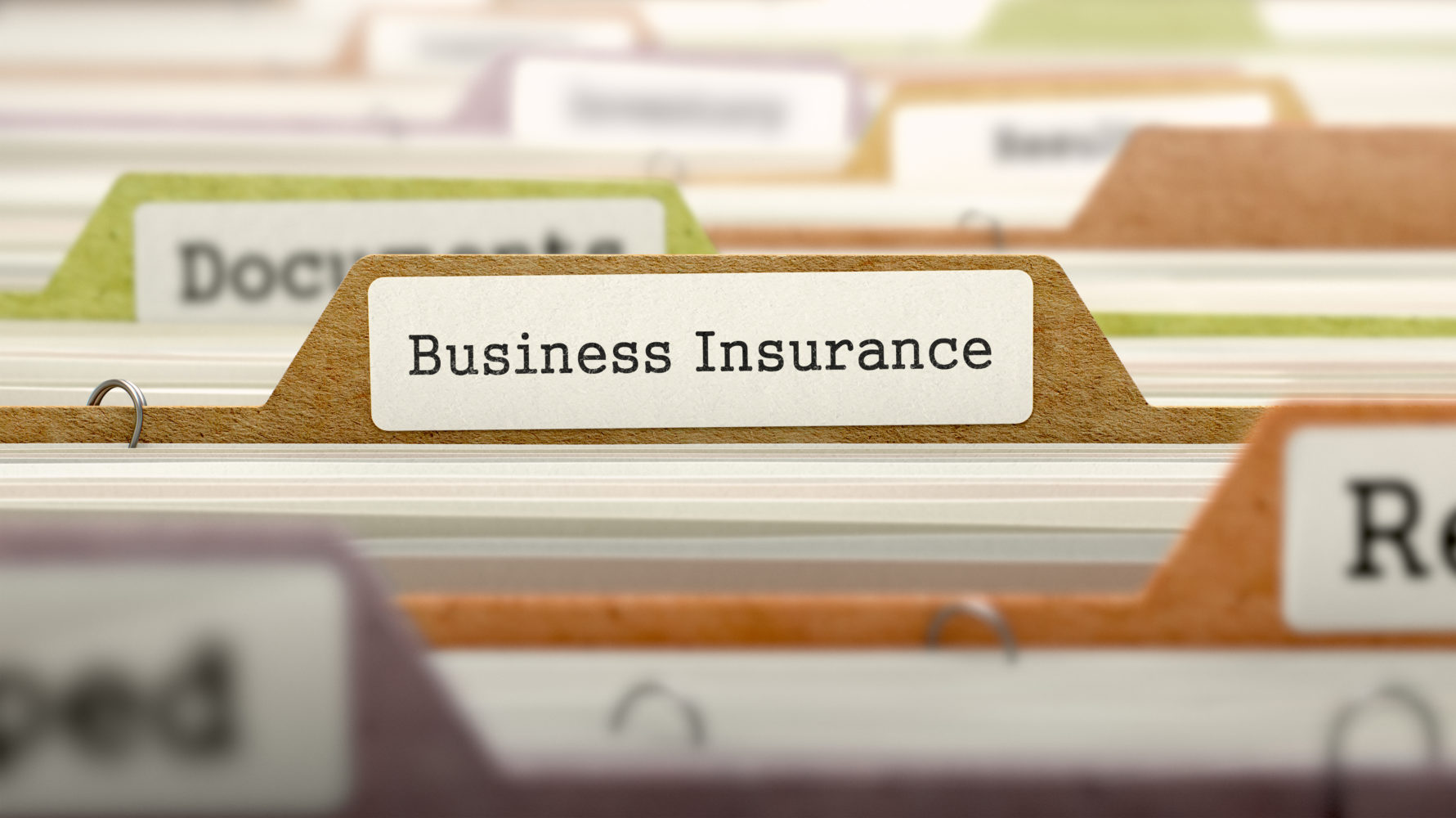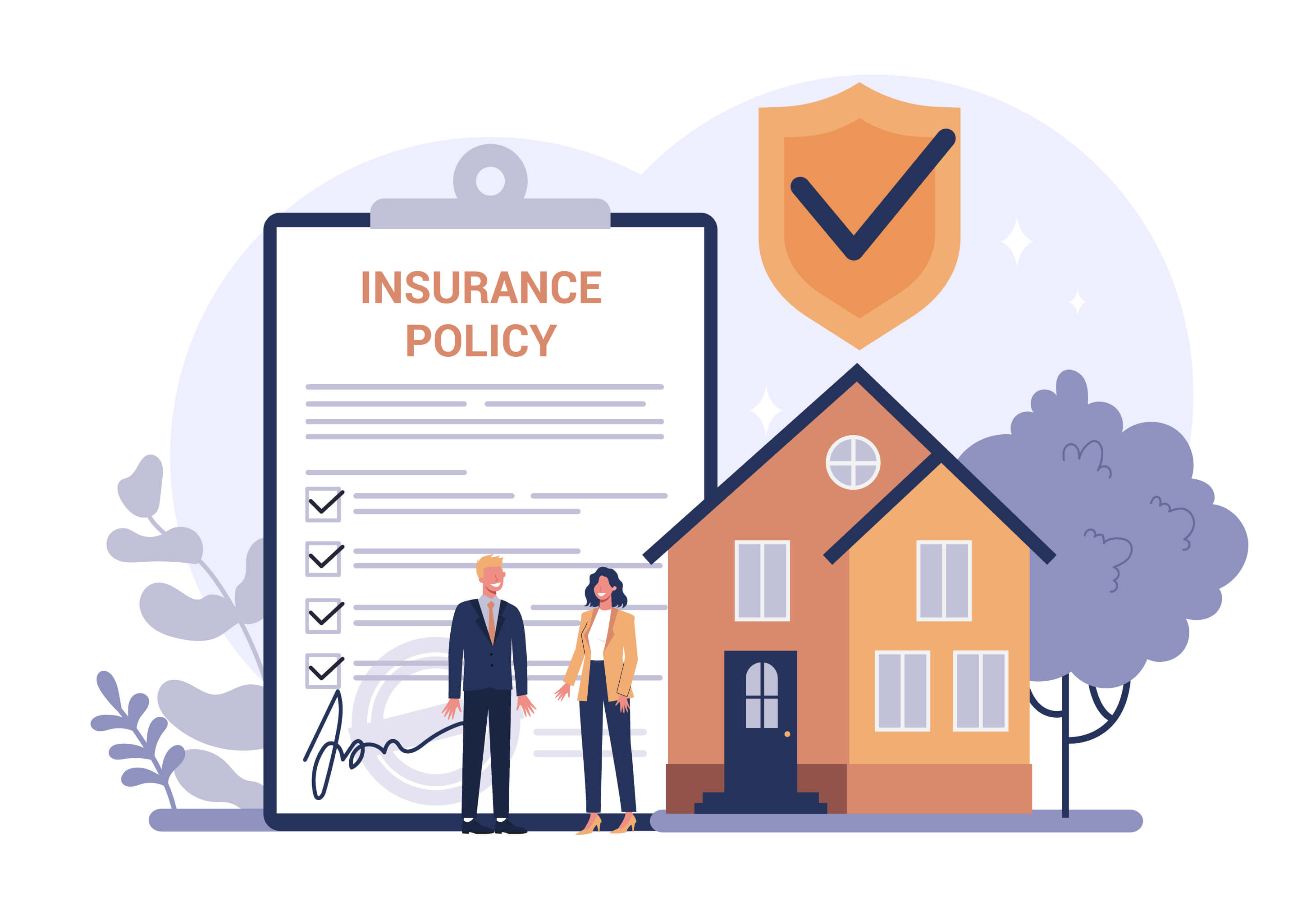Protect Your Business: A Complete Guide to Business Liability Insurance
Running a business is an exciting and rewarding journey, but it comes with its fair share of risks. From customer injuries to product malfunctions, a variety of incidents can lead to costly lawsuits.
This is where liability insurance becomes a business owner’s best friend. In this guide, we'll walk you through the essential aspects of liability insurance, breaking it down into manageable parts so you can understand what you need to protect your business.
1. What is Business Liability Insurance?
Liability insurance is designed to protect your business from financial losses if you're sued due to causing harm or damages to another party. Imagine a scenario where a customer slips on your store's floor or a product you manufactured malfunctions and causes injury.

Without liability insurance, your business could be left with hefty legal fees, court costs, and settlement payments. Liability insurance ensures that your business remains financially secure, even in the face of legal challenges.
2. The Basics of Business Liability Insurance
General liability insurance is the cornerstone of any business insurance policy. This coverage protects you in cases where a customer is injured on your business premises or if you accidentally damage someone else’s property during business operations.
For example, if a customer trips over a loose rug in your store and breaks an arm, general liability insurance would cover the medical expenses. Additionally, it can cover legal defense costs if the injured party decides to sue. This type of insurance is a must-have for almost every business, regardless of size or industry.
- Typical Costs: General liability insurance usually costs between $42 to $53 per month on average.
3. Professional Business Liability Insurance: When Expertise Matters
Professional liability insurance, also known as errors and omissions (E&O) insurance, is critical for businesses that provide specialized services or professional advice. This coverage protects you if a client claims that your professional services caused them financial loss or harm.
For instance, if you're a consultant and your advice leads to financial losses for a client, they could sue you for damages. In such a case, professional liability insurance would help cover your legal fees and any settlement costs. This type of insurance is particularly important for professionals like doctors (who may need medical malpractice insurance), lawyers, and consultants.
- Typical Costs: Professional liability insurance costs around $46 to $59 per month on average.
4. Product Liability Insurance: Safeguarding Your Products
If your business manufactures, distributes, or sells products, product liability insurance is essential. This type of coverage protects you if one of your products causes injury or harm to a consumer.

For example, if a toy you manufacture has a defect that causes injury to a child, the parents might sue your business. Product liability insurance would cover the legal expenses and any compensation awarded to the injured party.
This coverage is vital for manufacturers, retailers, and distributors to shield themselves from potential financial ruin due to product-related lawsuits.
5. Additional Types of Liability Insurance
Beyond the basics, several other types of liability insurance might be necessary depending on your business’s unique risks. Here are a few to consider:
- Cyber Liability Insurance: In today's digital age, cyberattacks are a growing concern for businesses of all sizes. Cyber liability insurance covers the costs associated with data breaches, such as legal fees, notification costs, and even public relations efforts to repair your company’s reputation.
- Employment Practices Liability Insurance (EPLI): This coverage protects your business if an employee sues for issues like wrongful termination, discrimination, or harassment. Employment-related lawsuits can be costly, and EPLI ensures that your business is covered.
- Directors and Officers (D&O) Insurance: If your business has a board of directors or officers, D&O insurance is crucial. It protects these individuals from personal losses if they are sued for decisions they make on behalf of the company.
6. Commercial Auto Insurance: On-the-Road Protection
If your business involves vehicles, commercial auto insurance is a must. This type of insurance covers liability if one of your business vehicles is involved in an accident. It also includes coverage for medical payments and uninsured motorists.
For example, if a delivery truck owned by your business is in a collision, commercial auto insurance would cover the damages to the other vehicle, medical expenses for injured parties, and any legal fees if the accident results in a lawsuit.
- Requirements: Most states require businesses that own vehicles to carry commercial auto insurance.
7. Workers' Compensation: Taking Care of Your Team
.webp)
Workers' compensation insurance is designed to protect your employees if they get injured or become ill due to their job. This coverage pays for medical expenses, rehabilitation costs, and a portion of lost wages while the employee recovers.
For example, if a warehouse worker injures their back while lifting heavy boxes, workers' compensation would cover their medical bills and a portion of their lost wages while they recover. In most states, workers' compensation insurance is required by law for businesses with employees.
8. Determining Your Insurance Needs
The types and amounts of liability insurance you need depend on several factors, including your industry, the services you offer, and the size of your business. A small retail shop might only need general liability insurance, while a larger manufacturing company may require multiple types of coverage, including product liability and workers' compensation.
One of the best ways to determine your specific insurance needs is to work with an experienced insurance broker. Brokers are well-versed in the risks associated with different industries and can help you select the right coverage to protect your business.
9. Understanding Insurance Costs
Liability insurance costs can vary widely based on several factors, such as your industry, location, business size, and claims history. For instance, a business located in a high-risk area or one with a history of claims may pay more for coverage.
Here’s a general idea of what to expect:
- General Liability Insurance: $42 to $53 per month on average
- Professional Liability Insurance: $46 to $59 per month on average
Keep in mind that these are just ballpark figures. Your specific rates may vary, and it's wise to get multiple quotes from different insurers to ensure you’re getting the best deal.
10. Regularly Review and Update Your Policies
As your business evolves, so do your insurance needs. Maybe you've expanded your operations, added new services, or hired more employees. Whatever the case may be, it's important to regularly review your insurance policies to ensure that they still provide adequate coverage.
For example, a tech company that starts offering a new software product may need to add cyber liability insurance to protect against data breaches. Similarly, a small business that hires additional staff may need to increase their workers' compensation coverage.
Keeping your insurance up-to-date ensures that your business remains protected as it grows and changes.
11. A Smart Investment for Your Business
Liability insurance might seem like just another expense, but it’s an investment in the long-term health and stability of your business. The peace of mind that comes from knowing you’re protected from financial losses due to lawsuits is priceless.
Whether you’re a small business owner just starting or a seasoned entrepreneur, liability insurance is essential to safeguard your hard work. By understanding the different types of coverage available and regularly reviewing your policies, you can ensure that your business stays protected and thriving for years to come.
Final Thoughts
Business liability insurance is a crucial aspect of running a successful business. By investing in the right coverage, you can focus on what you do best—growing your business—while knowing that you’re prepared for whatever challenges may come your way.
Remember, an insurance broker can be a valuable resource in helping you navigate the complexities of liability insurance, ensuring that you have the protection you need at a price that fits your budget. Stay informed, stay protected, and keep your business flourishing!
LATEST

Last updated: Aug 31, 2024

Last updated: Aug 31, 2024

Last updated: Aug 31, 2024

Last updated: Sep 10, 2024

Last updated: Sep 10, 2024

Last updated: Aug 19, 2024

